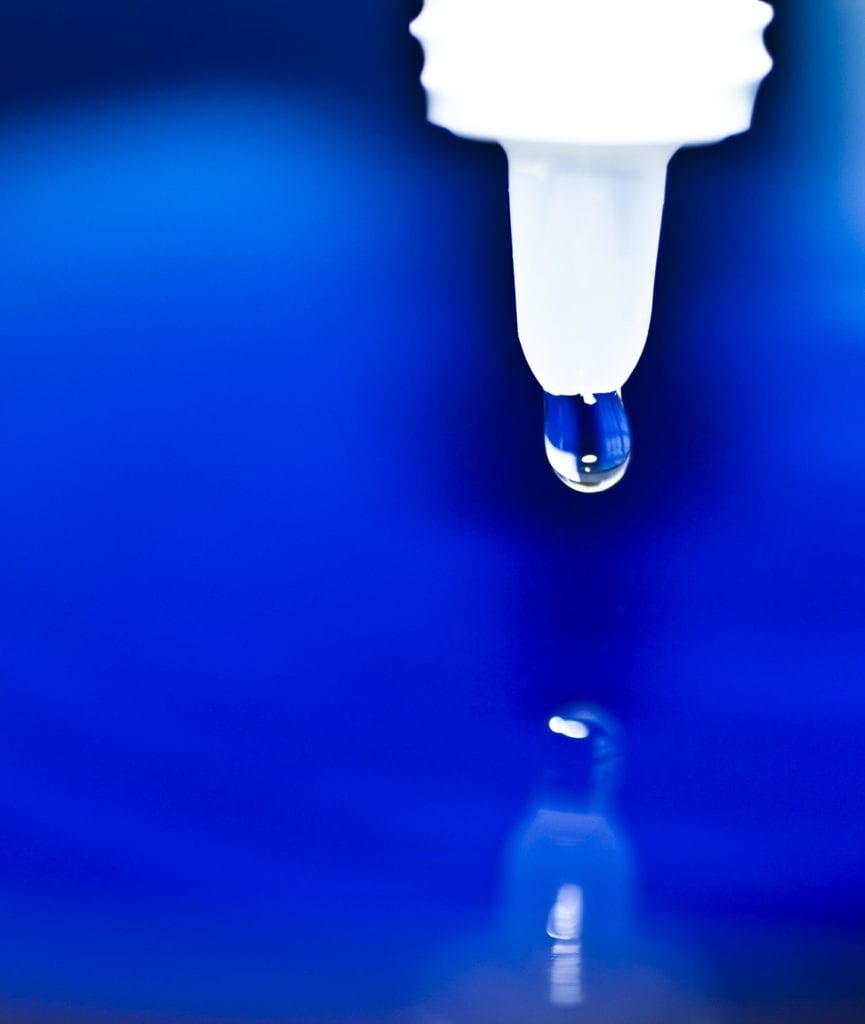
Conjunctivitis – a very common condition – is a redness and inflammation of the thin layer of tissue that covers the front of the eye (the conjunctiva).
Depending on the cause of the problem, other symptoms can include itchiness and watering of the eyes, and occasionally a sticky coating on the eyelashes.
Conjunctivitis typically has one of these three causes:
- Allergic reaction to a substance such as pollen – “allergic conjunctivitis”
- Bacterial or viral infection – “infective conjunctivitis”
- Contact between your eye and substances that can irritate the conjunctiva (examples include chlorinated water, shampoo, or rubbing from an eyelash) – “irritant conjunctivitis”
Treatment
Symptoms usually clear up within a week or two, so treatment isn’t generally needed. Sometimes, it may be appropriate to be prescribed antibiotic eye drops to clear up the infection.
Depending on the type and cause of the conjunctivitis, the condition is normally resolved by eliminating contact with the irritant, by maintaining good hygiene, or through the body’s natural defence mechanisms against viruses.
The condition can be infectious. But you don’t usually need to stay off work or school so long as you pay attention to hygiene in order to reduce the risk of spreading the infection.
You should not wear contact lenses until the symptoms have disappeared.